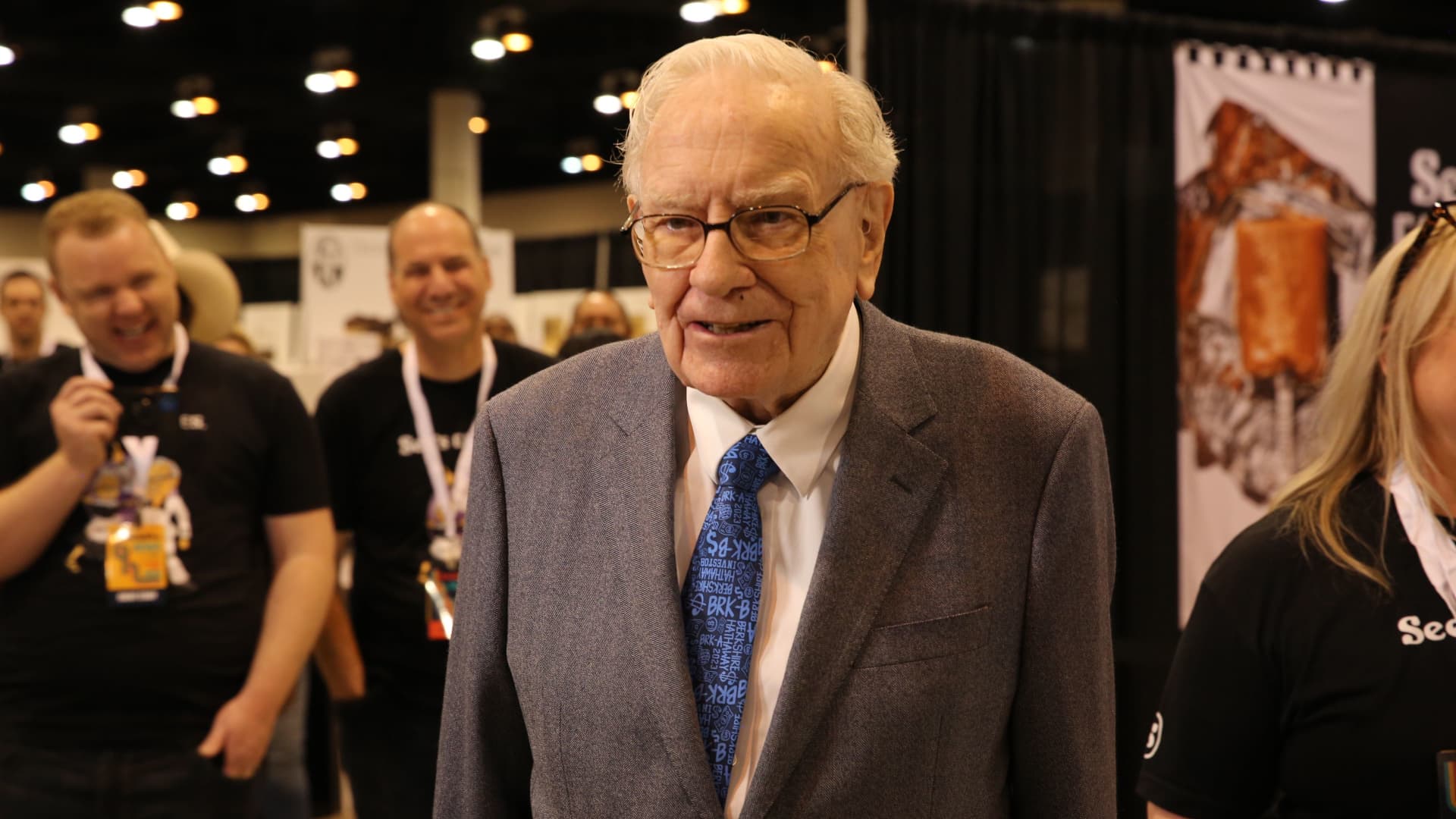Jim Cramer, the outspoken host of Mad Money, has been closely watching factors that will influence the stock market this week, notably the Federal Reserve’s upcoming decisions, the latest corporate earnings, and, most significantly, the presidential election. Cramer sees the election as a major variable likely to take the spotlight, though he emphasized that upcoming Federal Reserve moves might be even more critical in the long run.
On the topic of interest rates, Cramer delved into the current bond market dynamics. The bond market has been turbulent, especially following a non-farm payroll report impacted by unusual factors like hurricanes and labor strikes. This report briefly lowered rates, sparking some optimism in the market. Yet, this optimism was short-lived, as bond sellers pushed rates back to their highest since July, showing that the market remains volatile.
In Cramer’s view, the Federal Reserve might need to cut rates again to address signs of economic slowing. He explained, “The economy is a little shaky,” with recent indicators from various businesses suggesting that sectors like housing and auto are particularly affected. Cramer believes that a rate cut could offer psychological relief, potentially stimulating growth in these struggling industries.
However, he also noted the risk that the market might react negatively, as it did during the Fed’s September rate cut, despite an economy that seemed stable on the surface.
Switching gears to the presidential election, Cramer highlighted that both candidates — former President Donald Trump and Vice President Kamala Harris — seem inclined to expand federal spending. He voiced skepticism about whether either candidate would have the political leverage to execute their proposed agendas in Congress, given the challenges of bipartisan negotiations.
Cramer speculated that Trump might be more aggressive in pushing for a higher budget deficit due to his preference for tax cuts, which historically result in increased deficits, while Harris may take a more controlled fiscal approach.
Cramer’s analysis also touches on his admiration for Warren Buffett’s perspective, noting that Buffett has a long history of weathering political and economic fluctuations while continuing to grow Berkshire Hathaway’s value. Buffett’s legendary resilience and ability to adapt have positioned him as a reliable source of wisdom for investors during uncertain times.
“I do want to know what he thinks about the election… but he’ll make money no matter what,” Cramer said, emphasizing Buffett’s unique knack for navigating through various political landscapes without compromising his investment strategy.
Ultimately, Cramer’s take serves as a reminder of the complex interplay between politics, economic policies, and market reactions. Investors are watching both the Fed and the election closely, but Cramer’s focus remains on how leaders like Buffett continue to generate consistent returns, regardless of these external factors. Buffett’s steadfastness, Cramer suggests, is a model for long-term investors looking to maintain stability amid market turbulence.
By the end of his segment, Cramer left viewers with the thought that, while the election and Fed decisions will shape the market in the near term, the principles of patient, disciplined investing — as exemplified by Buffett — are what ultimately sustain long-term growth in any market environment.

















+ There are no comments
Add yours